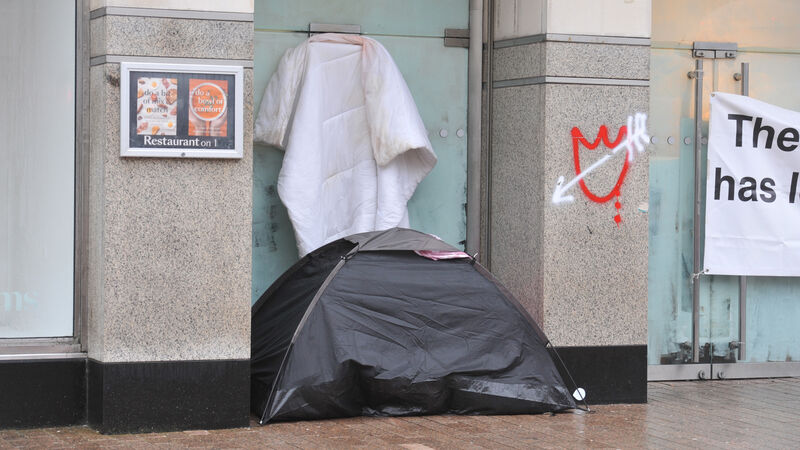Charities call on next government to introduce long-term plan to end homelessness

Last week, the Department of Housing released figures to show that more than 15,000 people in Ireland were accessing emergency accommodation at the end of November.
The next Government must implement a durable, collaborative plan to end homelessness, NGOs have urged, while a new short-term ban on evictions would not fix the problems in the long term.
“I think there’s a strong consensus across organisations that another short-term measure would not be constructive as it just has the effect of pissing off landlords even further, making more of them want to leave without providing additional security for tenants,” said Mike Allen, director of advocacy with Focus Ireland.













